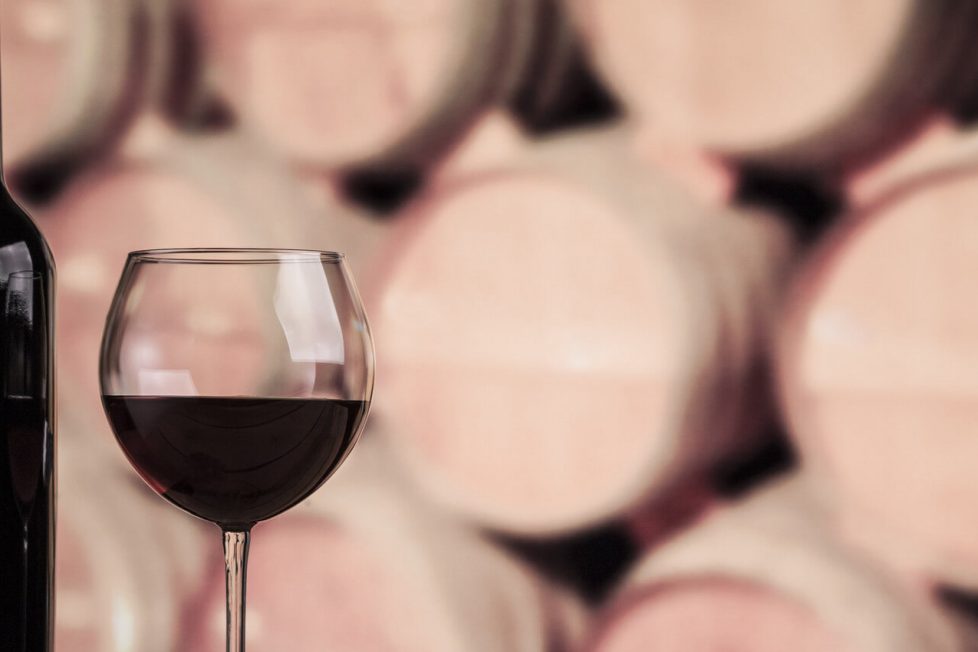Josh Jambon: The Basics Of Winemaking

A lot of people like to drink wine, but don’t know a lot about it. Having a lot of knowledge about wine is definitely not a prerequisite to enjoying wine, but it can help you choose better wines, increase your satisfaction with wines you buy and your comfort level during the entire process.
To understand how different components influence the taste of wine you first need to gain knowledge about how the wine is made. Essentially, wine is simply fermented juice. The recipe for turning juice into wine is very straightforward:
1. Get a large number of ripe grapes, raspberries or any other fruit
2. Place the grapes or berries in a container that has no leaks
3. Crush the grapes or berries to release their juice
4. Give it some time
In its simplest form winemaking is that basic.
The skins are separated from the grapes by either pressing large volumes of grapes so that the juice escapes or by crushing the grapes in a machine that has special rollers to break them.
All grapes and berries contain yeasts, which are microscopic organisms made of one cell each that exist naturally in the fields and vineyards and, therefore, on the berries and the grapes. After the crushing of the berries, yeasts come in contact with the sugar from the juice of the grapes. A chemical reaction occurs that converts sugar into alcohol. During the reaction, yeasts create carbon dioxide that evaporates in the air. When the reaction is over, the juice is wine. The sugar that was in the grape juice turned into alcohol. This is why the sweeter and riper the grapes, the more alcohol the final product will have. This chemical reaction is called fermentation.
Fermentation is a completely natural process. It doesn’t require any human participation at all. Fermentation doesn’t just occur with grapes or berries. It may also occur in apple cider that you leave in the fridge for too long or even in the milk that you leave outside for several days.
Sulfur dioxide is also produced naturally during fermentation. Sulfur dioxide has an effect on wine that can be compared to the effect of the vitamin E and aspirin on humans – it cures all kinds of problems while preventing other issues, such as wine turning into vinegar.
The grapes are one of the biggest factors that determine how one wine will be different from the next. First, wines are different because of the different varieties of grapes that are being used to make them. Second, the taste and the quality of a wine depend on how sweet and ripe the grapes are.
Grapes do not grow in a vacuum. The soil and climate of each area have an influence on the grapes, too. This is why so much of the knowledge about wine has to do with regions and countries where wine is coming from.
There are also several ways to influence the fermentation process.
The first one includes choosing the type of a container for the fermentation process. Today stainless steel and oak containers are the most popular.
Next ones are the size of the container and the temperature during the process of fermentation. All these factors have a major influence on the taste of the final products.
After the fermentation is over, winemakers can decide for how long the wine will be maturing. This is the stage that can improve the quality of wine. The capability of a wine to mature depends on many factors such as grape variety, region, style of winemaking and how the grapes were picked in the vineyard in the first place.
Josh Jambon will be one of the first to tell you that it is oil that makes the entire world economy run. He believes that it is the life-blood of civilized society. That is why Mr. Jambon company venture out into the far reaches of the globe to teach the indigenous people how to properly harvest and store this vital commodity.You can follow Josh Jambon on twitter , pinterest and vimeo
